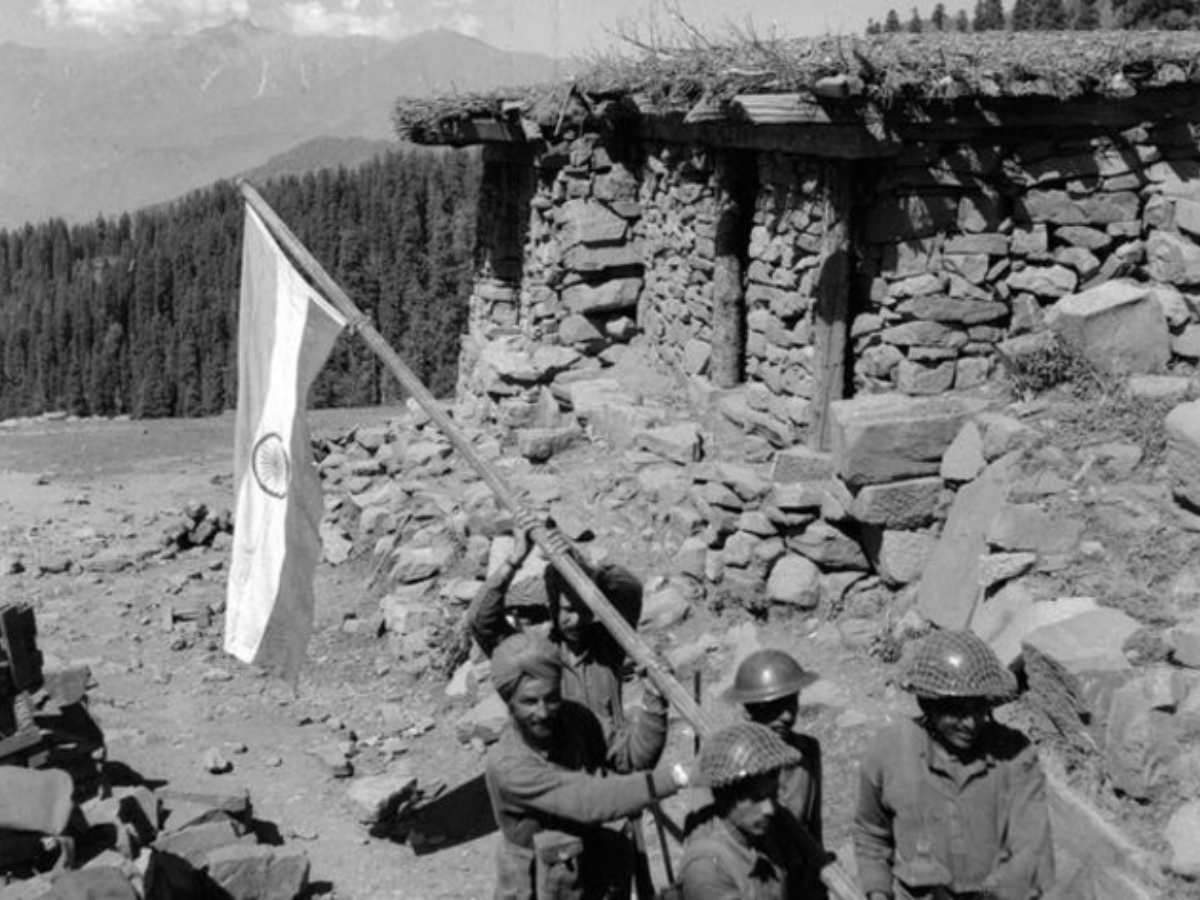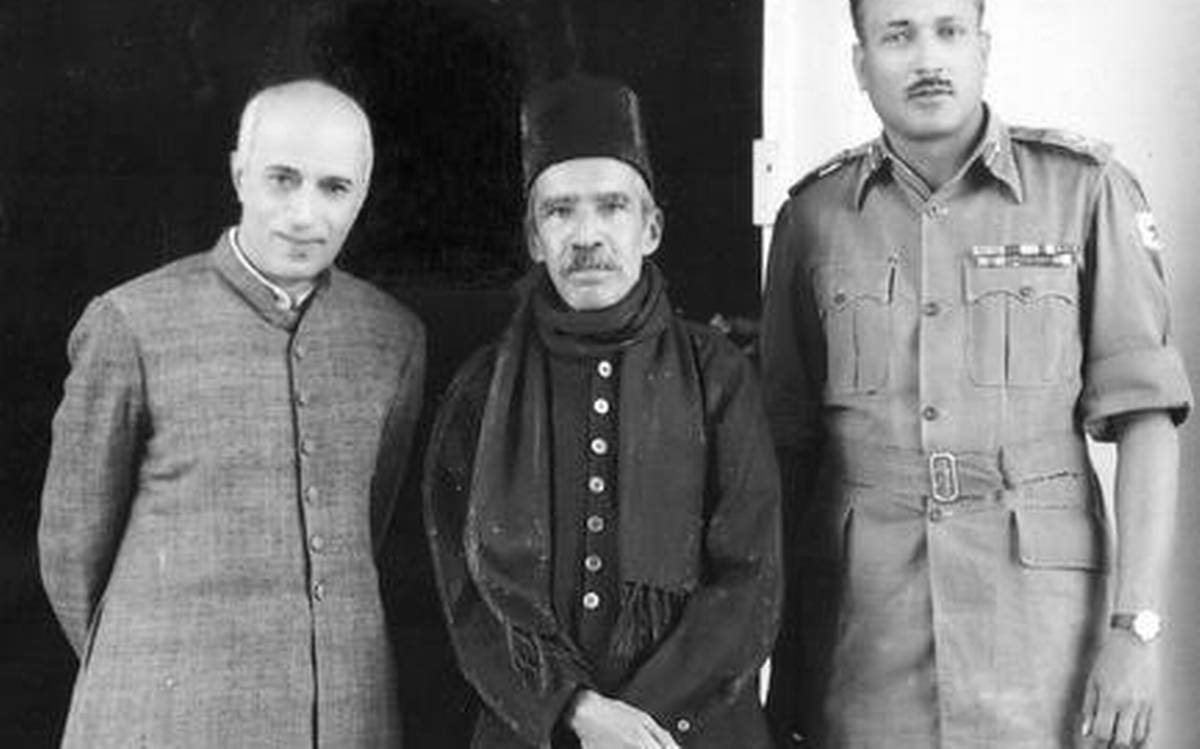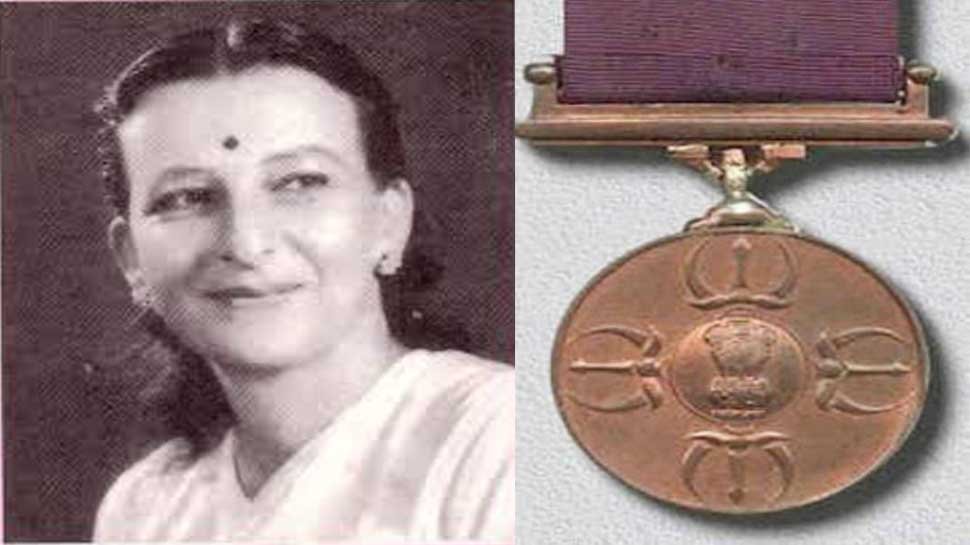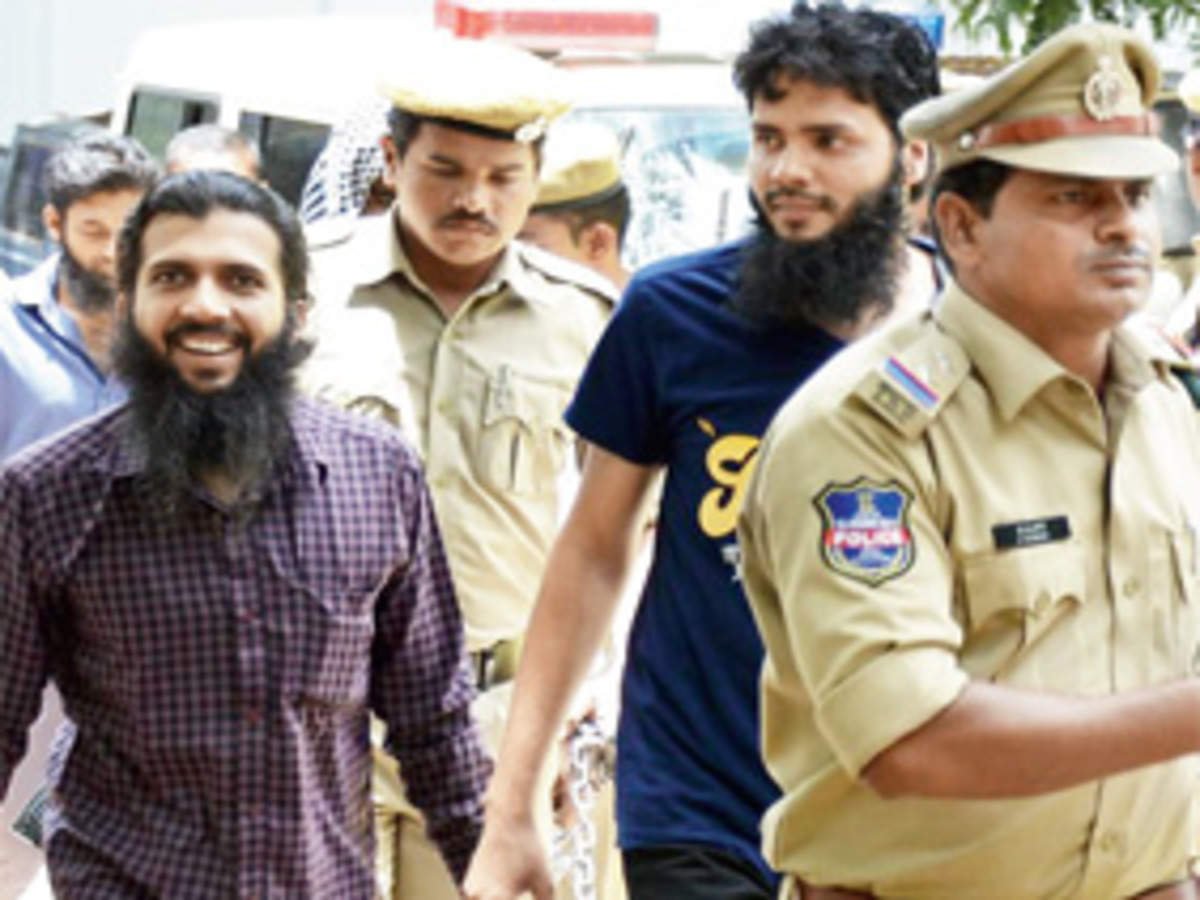#KnowYourHistory
#AsalBharat - 005
Operation Gibraltar - The story of how an imminent disaster was converted into a surprise victory, despite having scarce resources!
#AsalBharat - 005
Operation Gibraltar - The story of how an imminent disaster was converted into a surprise victory, despite having scarce resources!

As we celebrate our 75th year of Independence, I see many people paying homage to many of our unsung heroes.
This Independence Day was made even more special with the release of Vishnu Varadhan's 'Shershaah' -
This Independence Day was made even more special with the release of Vishnu Varadhan's 'Shershaah' -

Based on the heroics of the brave Hutatma, Captain Vikram Batra, PVC, the movie paid a fitting tribute to the heroes of the Kargil War, with its slick action, gritty realism, and goosebumps inducing scenes - 

However, did you know that we faced a similar situation, 34 years ago before Kargil War as well?
Did you know that our country was all set to be humiliated on international stage, and on a scale much worse than the Indo China War of 1962 or even the Partition of 1947?
Did you know that our country was all set to be humiliated on international stage, and on a scale much worse than the Indo China War of 1962 or even the Partition of 1947?
You heard that right.
Pakistan did plan for such a humiliation. With Prime Minister Nehru died, our country in shambles, and our economy in doldrums, they thought it was the perfect opportunity to reclaim their Kashmir -
Pakistan did plan for such a humiliation. With Prime Minister Nehru died, our country in shambles, and our economy in doldrums, they thought it was the perfect opportunity to reclaim their Kashmir -

India had suffered a humiliating defeat in the Indo China War of 1962.
Our soldiers were not deficient of courage, but they were denied of adequate weapons and clothing. You don't expect to defeat a well armed enemy by just sticks and stones, do you?
Our soldiers were not deficient of courage, but they were denied of adequate weapons and clothing. You don't expect to defeat a well armed enemy by just sticks and stones, do you?
However, until Nehru's death, there was no focus towards reorganizing the armed forces and equipping them with the latest arms and weapons.
In 1964, when Lal Bahadur Shastri took over the reins as the PM of India, the Indian defence, as well as the economy was in shambles.
In 1964, when Lal Bahadur Shastri took over the reins as the PM of India, the Indian defence, as well as the economy was in shambles.
Into this scenario, Pakistan quietly hatched their own plan to give India a wound that they could never recover from.
In 1965, Pakistan was not your cartoonish neighbor that could be whacked up black and blue at whim.
In 1965, Pakistan was not your cartoonish neighbor that could be whacked up black and blue at whim.
Owing to the divide and rule strategy, Pakistan was a flourishing economy, ruled by a military dictator, Field Marshal Ayub Khan, who ruled Pakistan with an iron fist - 

Pakistan was also superior in diplomatic terms, which proved harmful for India during the Rann of Kutch conflict, which ended in a diplomatic victory for Pakistan -
globalsecurity.org/military/world…
globalsecurity.org/military/world…
Buoyed by the diplomatic victory, Pakistan now devised a devious plan - stage an uprising in Kashmir Valley, and incite the local population, predominantly Muslim, to take over.
Pakistan was 'supported' by two facts - India was diplomatically weak. They wouldn't want to extend the situation by engaging in a war, and would meekly surrender, in a way worse than 1962 - 

The second major factor was the communal tension in Kashmir Valley, buoyed by the alleged disappearance of the sacred remains of Prophet Muhammad from Hazratbal Shrine in Srinagar. Pakistan viewed it as an ideal situation for a mass revolt -
en.wikipedia.org/wiki/Operation…
en.wikipedia.org/wiki/Operation…
Do you know why Pakistan chose the codename Operation Gibraltar?
In 8th century, the Islamists had conquered the Iberian peninsula , that comprised the likes of modern Portugal and Spain. As such, Pakistan wanted to repeat the success of the 'holy mission' of Gibraltar.
In 8th century, the Islamists had conquered the Iberian peninsula , that comprised the likes of modern Portugal and Spain. As such, Pakistan wanted to repeat the success of the 'holy mission' of Gibraltar.
They even chose well trained officers, including ex officers from the Indian National Army like Malik Munawwar Khan Awan, who were well trained in guerilla warfare - 

The plan was multi-pronged. Infiltrators would mingle with the local populace and incite them to rebellion. On the other hand, Pakistani Army regulars, disguised as mujahideens, would launch a tactical offensive, and disrupt the supplies.
It was assumed that India would neither counter-attack, nor involve itself in another full-scale war, and the capture of Kashmir would rapidly follow. The
forces were unsurprisingly named after Islamic conquerors to make the purpose even more clear -
forces were unsurprisingly named after Islamic conquerors to make the purpose even more clear -

Nothing could go wrong. Pakistan had everything in their favor, from supplies to ammunition.
They were even the darlings of the US administration. On the other hand, India had barely begun to pick up after the brutal beating in the 1962 war.
So where did Pakistan go wrong?
They were even the darlings of the US administration. On the other hand, India had barely begun to pick up after the brutal beating in the 1962 war.
So where did Pakistan go wrong?
It is often said, "Pride goes before one's downfall!"
To the surprise of Pakistan, the Kashmiri people, did not revolt. They rather hated the presence of Pakistan and openly assisted Indian forces -
Source : India's Wars - 1947 - 1971 : Arjun Subramaniam
To the surprise of Pakistan, the Kashmiri people, did not revolt. They rather hated the presence of Pakistan and openly assisted Indian forces -
Source : India's Wars - 1947 - 1971 : Arjun Subramaniam

The Indian Army was provided with enough information to learn of Operation Gibraltar.
According to Pakistani author Pervaiz Iqbal Cheema, Musa Khan, Pakistan's Chief of the Army Staff, was reportedly so confident that he did not even ask for backup -
According to Pakistani author Pervaiz Iqbal Cheema, Musa Khan, Pakistan's Chief of the Army Staff, was reportedly so confident that he did not even ask for backup -

Also Pakistan forgot the biggest thing before launching the entire operation. They did not even know who commanded the Indian Army at that time - 

The man on the left in the photo above was Joyanto Nath Chaudhuri, who was then Army Chief. As Major General , he had given the Razakars a living nightmare and prevented a third partition by liberating Hyderabad under 'Operation Polo' -
[Major Gen Chaudhuri on extreme right]
[Major Gen Chaudhuri on extreme right]

As the Chief of Indian Army, he gave a free hand to the Indian forces in whichever way they felt best to deal the enemy with.
What could have been a huge disaster for India was soon converted into a surprise victory, with almost negligble resources at hand -
What could have been a huge disaster for India was soon converted into a surprise victory, with almost negligble resources at hand -

Unfortunately, since the Operation was mostly conducted in secrecy during August, it is unknown as to how many Pakistanis we slayed to save both Kashmir and the rest of Bharat......
Otherwise the story of Operation Gibraltar and India's success is nothing less worthy for screen than 'Band of Brothers' for instance - 

• • •
Missing some Tweet in this thread? You can try to
force a refresh














